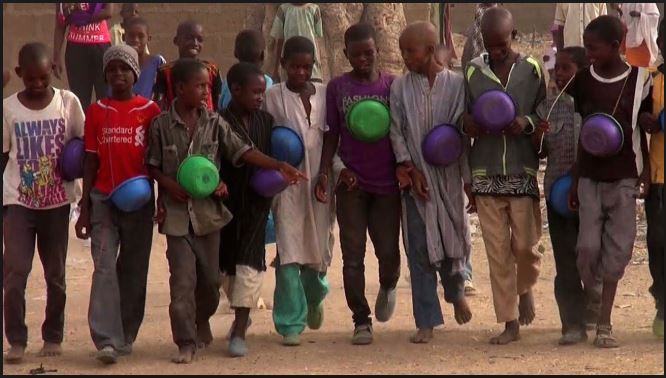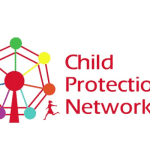Twelve states in the northern part of Nigeria are yet to pass the Child Rights Law despite its obvious benefits for children.
UNICEF Child Protection Specialist, Ms. Sharon Oladiji stated this during a two-day media dialogue on the Convention on the Rights of the Child (CRC). She identified the states as Bauchi, Yobe, Kano, Sokoto, Adamawa, Borno, Zamfara, Gombe, Katsina, Kebbi, Jigawa and Kaduna.
She added that many of such states believed some sections of the child rights law needed to be amended as they are in conflict with their belief and cultural practice.
The dialogue was organised by the Child Rights Information Bureau (CRIB) of the Federal Ministry of Information and Culture, in collaboration with UNICEF.
CRC was adopted on November 20, 1989 by the UN General Assembly, and was ratified by 194 state parties, except Somalia.
It covers civil, political, economic, social and cultural rights, thus underscoring the indivisibility and equal importance of all rights.
Nigeria adopted the Child Rights Act in 2003 to domesticate the international Convention on the Rights of the Child.
This act covers every aspect of the lives of children and adolescents. They are broken down into the following: survival rights, development rights, participation rights, and protection rights.
Oladiji said governments at all level should put laws in place to protect the rights of children in Nigeria.
She said the success of this would encourage implementation and children would consequently grow into better adults in future.
She noted that investing in a child was paramount for Nigeria and Africa to realise the rights of the burgeoning child population.
“A healthy development of a child is crucial to the future well-being of any nation. Special attention is required for Nigeria which is the country with the largest increase in absolute numbers of both birth and child population. It is time we acknowledge our shared responsibility and address this issue,” she said.
In his presentation, Child Protection Specialist, UNICEF, Dennis Onoise said culture was only one of the many reasons stakeholders refused to push for the implementation of the Child Rights Law in their states.
He said personal interest also played its part in the delay of implementing such law.
He said some stakeholders might refuse to push for the law because if implementation started, it might affect them.
The Chief of communication, UNICEF, Eliana Drakopoulos said the Convention on the rights of the child must be made known to everyone in order to ensure full protection and adoption of the CRC act.
“The need to ensure that children are empowered all round to take their pride of place in our society and the world at large.
“This is a realisation that all children have a right to better life, an opportunity to survive, develop and reach their full potentials,” she said.














